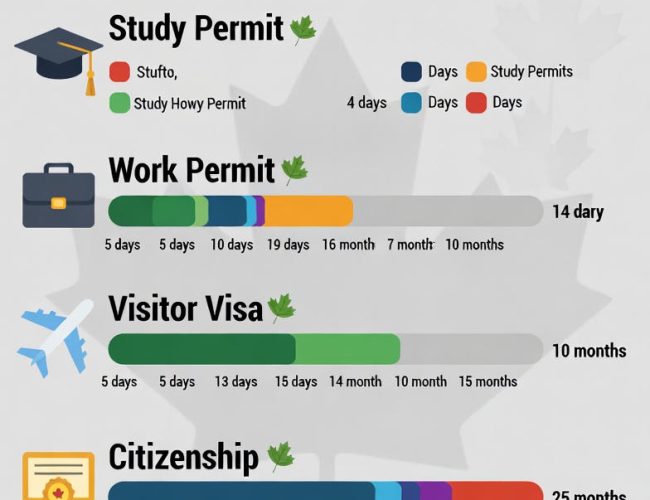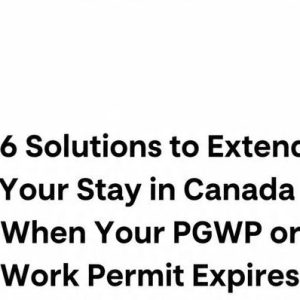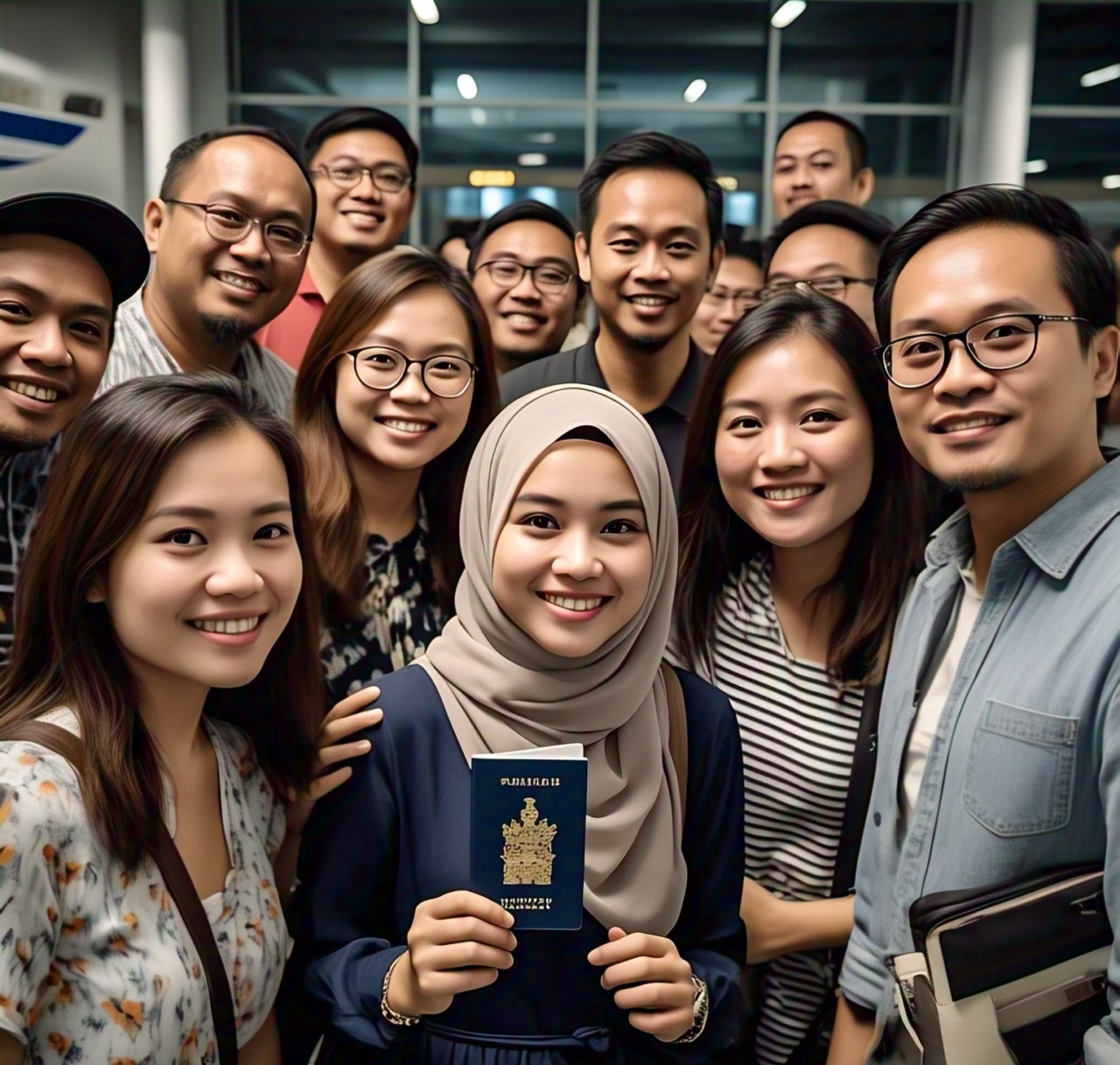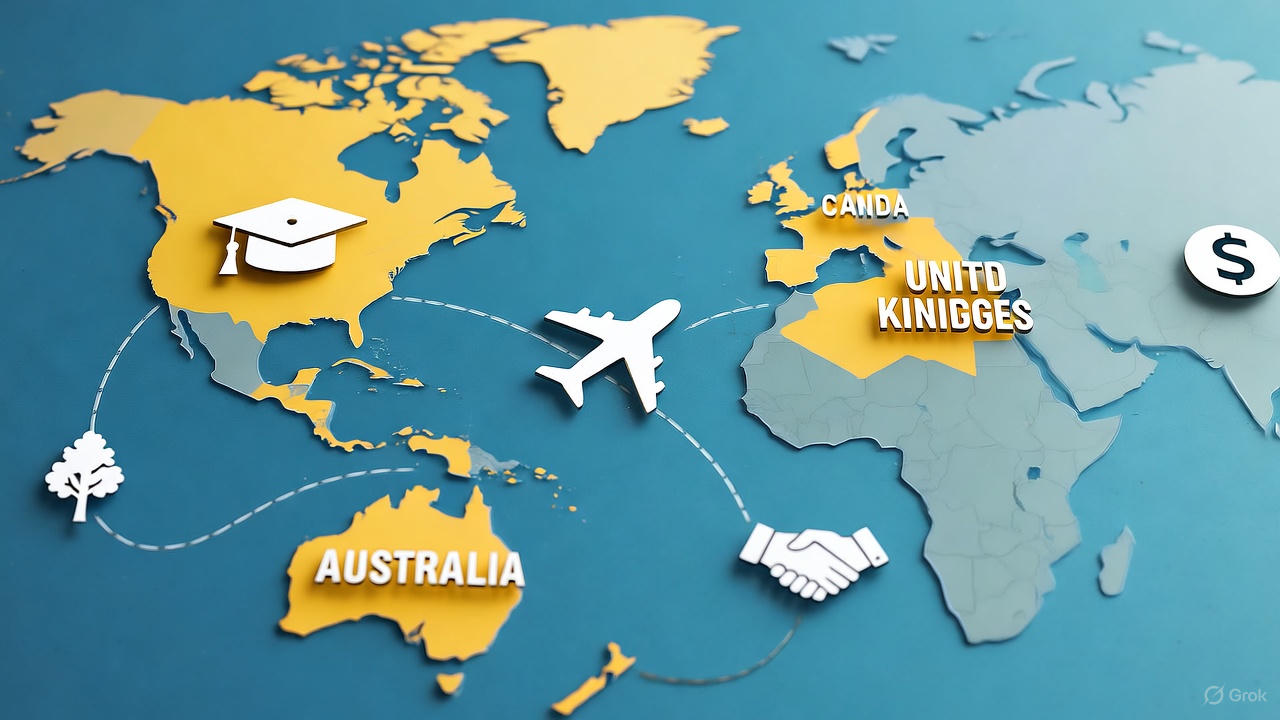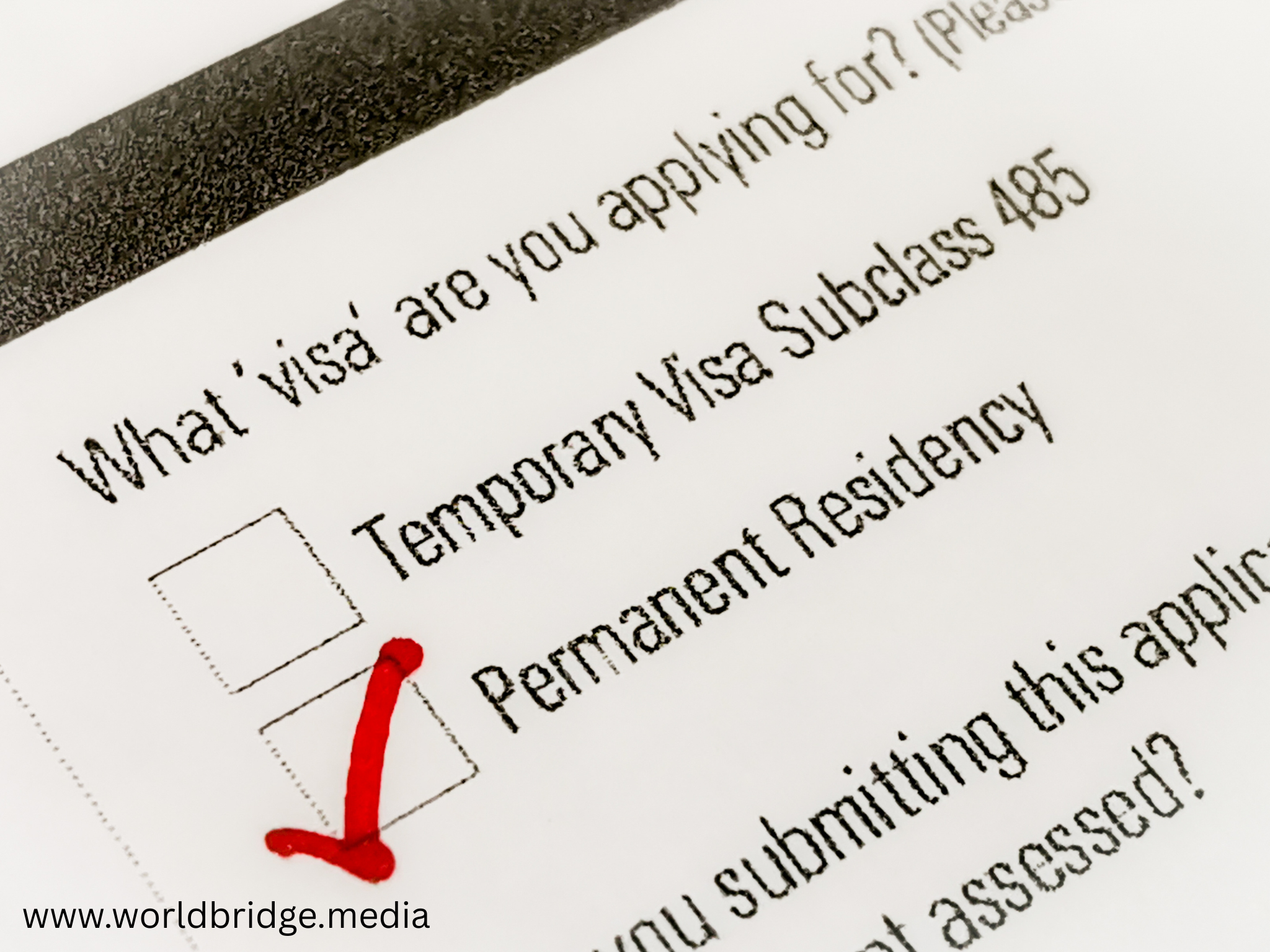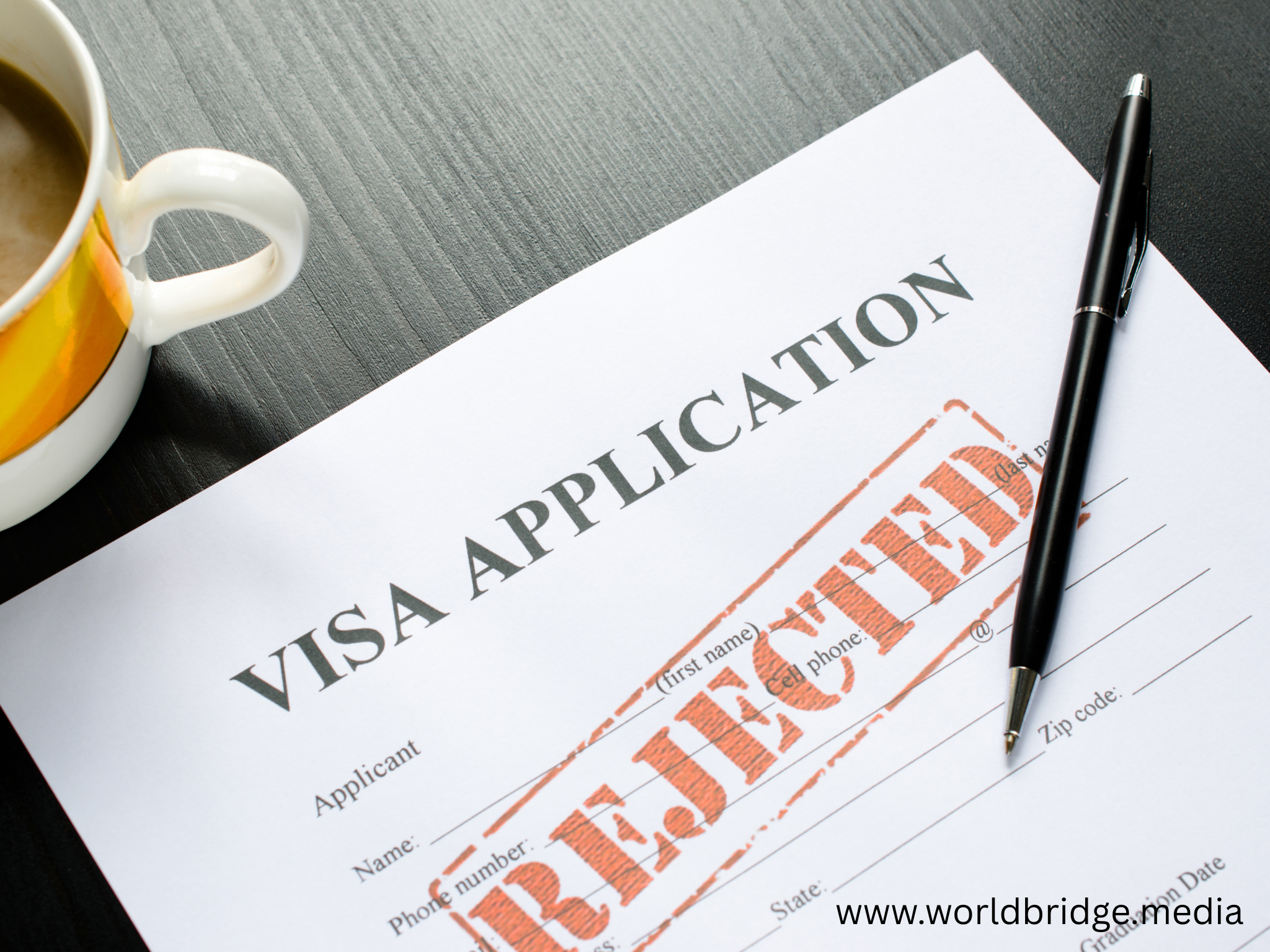Navigating Canada’s immigration system can feel like a waiting game, but understanding Immigration, Refugees and Citizenship Canada (IRCC) processing times is key to effective planning. As of November 2025, IRCC has updated its estimates to reflect ongoing efforts to reduce backlogs, with times calculated based on the 80% completion rate for applications received in the past six to 16 months. These figures account for factors like application volume, completeness, and security checks, but remember—they’re not guarantees and can fluctuate due to policy changes, such as the recent 2026-2028 Immigration Levels Plan.
At Worldbridge, we help clients anticipate delays and optimize submissions for faster approvals, whether you’re applying for permanent residence through Express Entry, a study permit for 2026 intakes, or a family sponsorship. Below, we break down the latest times for major categories, drawing from IRCC’s official tool. Always check the IRCC website for real-time personalization.
Permanent Residence Applications
PR processing remains a focal point amid reduced targets, with economic streams like Express Entry seeing efficiencies from category-based draws.
- Express Entry (Federal Skilled Worker, CEC, FSWP): 5-6 months for 80% of applications. Recent draws (e.g., November 6, 2025, CEC at CRS 535) prioritize in-Canada experience, speeding up for temporary residents.
- Provincial Nominee Program (PNP): 6-7 months base; up to 15 months for paper-based. Regional boosts in 2025 have eased some queues, but high-demand provinces like Ontario and BC may add 1-2 months.
- Family Sponsorships (Spouse/Partner): 12 months for inland (in-Canada); 11 months for outland. Parents and grandparents: 20-24 months due to lottery caps.
- Other PR Streams (e.g., Humanitarian): 18-24 months, with variability for complex cases.
Temporary Residence Applications
Temporary permits are processing faster overall, thanks to digital enhancements, but student caps for 2026 have increased scrutiny.
- Study Permits: 8-12 weeks (2-3 months). Student Direct Stream ended in November 2025, so standard timelines now apply—apply 3-4 months early for May/September intakes. Extensions: 3-4 months.
- Work Permits (Open/Employer-Specific): 3-4 months for most; 10-12 weeks for LMIA-exempt. Intra-company transfers: 2-3 months. Spousal open work permits: 4-5 months.
- Visitor Visas: 15-30 days for 80% of cases, but extensions can take 1-2 months. Super visas: 3 months.
- Temporary Resident Visas (TRV): 20-40 days.
Citizenship and Other Services
Citizenship processing has stabilized post-backlog reductions.
- Citizenship Grants: 13 months (up from 12 in October 2025 due to volume).
- Permanent Resident Cards (PR Cards): 60-90 days for renewals; 4-6 months for replacements.
- Refugee Claims: 12-18 months at the Immigration and Refugee Board (IRB), with IRCC decisions on eligibility in 30-60 days.
Factors Influencing Processing Times
IRCC’s times are forward-looking projections, updated monthly, and influenced by:
- Application Completeness: Missing documents add 1-3 months—use checklists to avoid.
- Volume and Backlogs: 2025 reductions helped, but student and worker surges persist.
- Location and Stream: In-Canada apps process faster; digital submissions shave weeks.
- External Factors: Global events or policy shifts, like the November 2025 levels plan capping temporary residents, may extend waits for high-volume categories.
Pro Tip: Use IRCC’s Processing Times Tool for personalized estimates by entering your submission date and category. For loans or admissions to speed up study-to-PR paths, Worldbridge offers tailored support.
Let Worldbridge Immigration Services be your guide to a successful future in Canada
Contact us:
Website: www.theworldbridge.ca
Email: info@theworldbridge.ca
Phone/WhatsApp: +1-416-727-7766
Social media: @worldbridgeHQ

